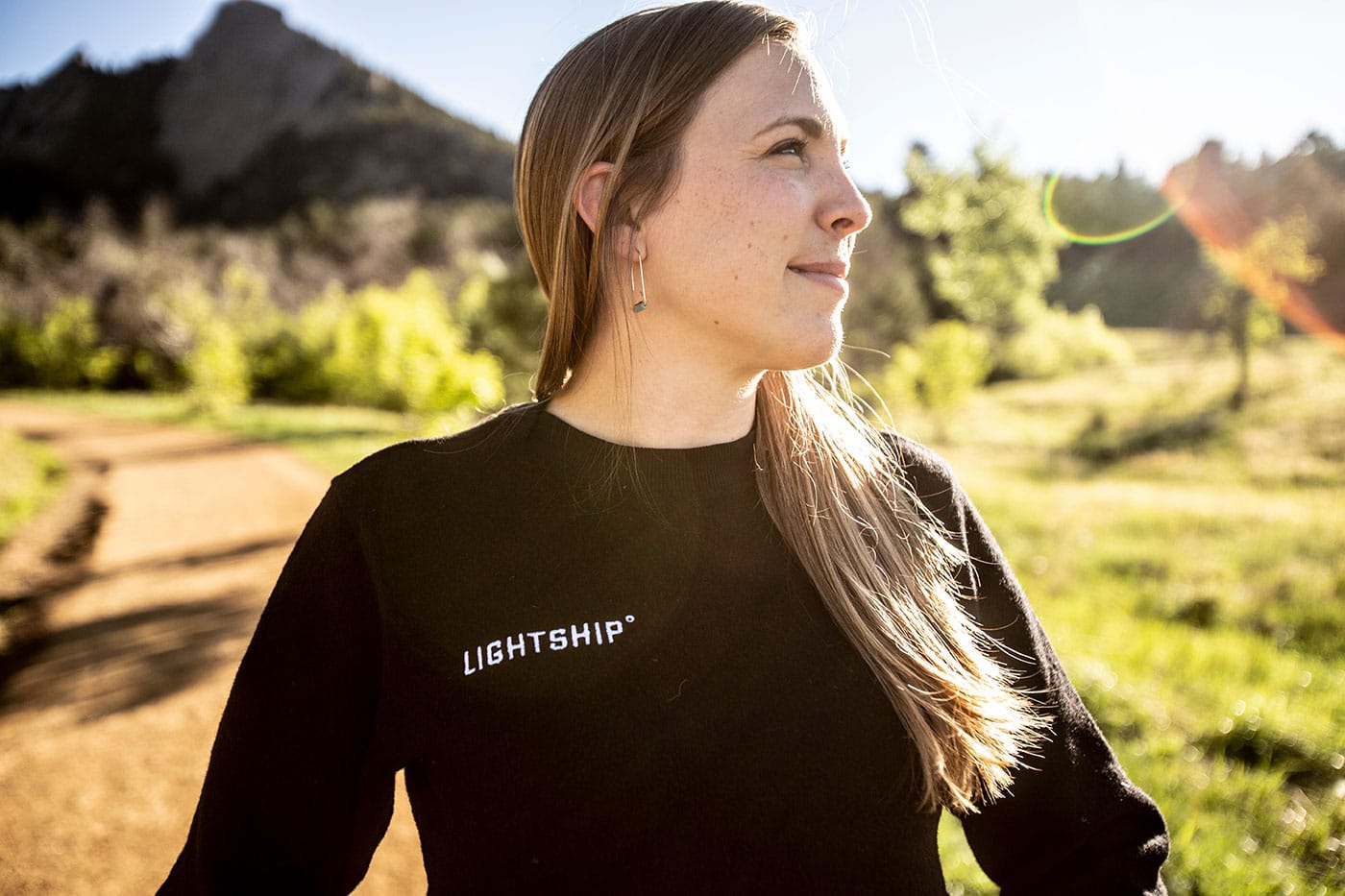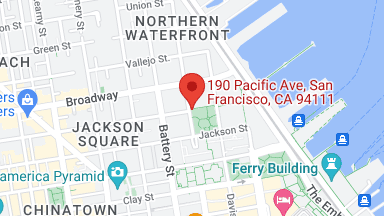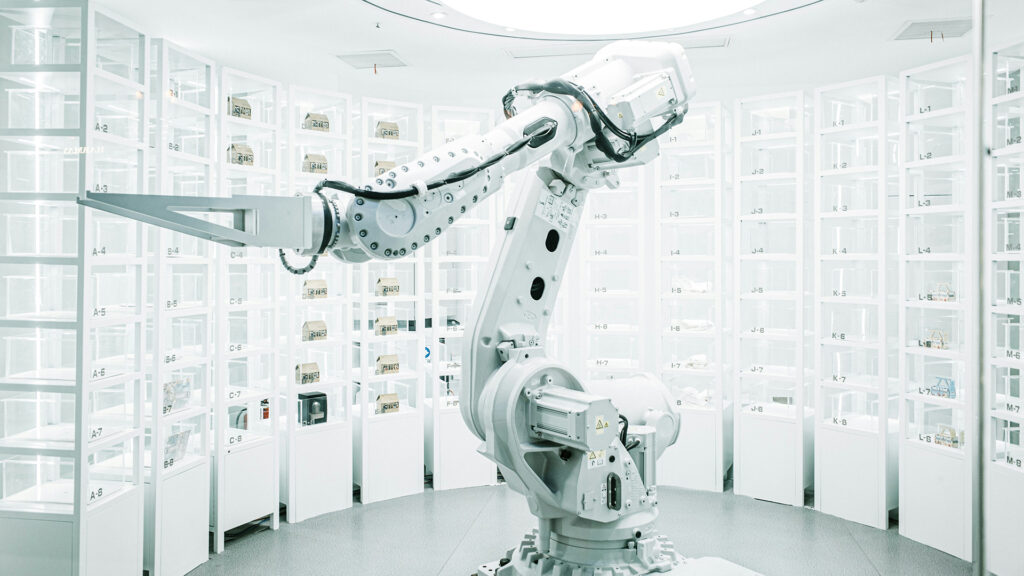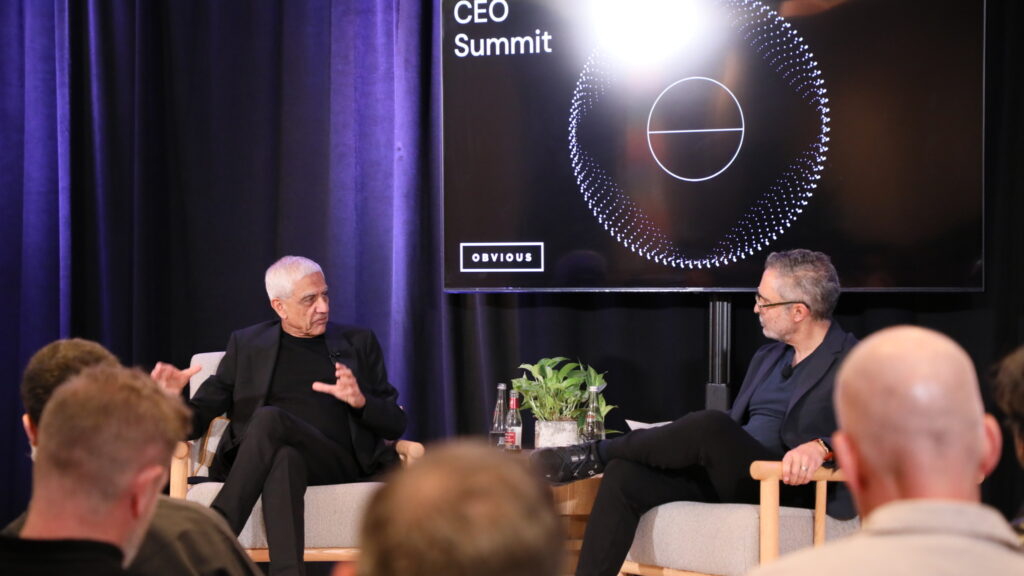Engineering Culture Like an EV
How Lightship’s Head of Manufacturing is building sustainable RVs and an inclusive culture
Emily Brady |

When Hayley Cashdollar was in graduate school, the importance of being part of a diverse team hit her like a thunderbolt. It was her first day in the mechanical engineering program at the University of California, Berkeley, and she was just beginning her work on an exoskeleton, or robotic frame, that allows paraplegics to walk again.
One of her new colleagues was explaining how everything worked and handed her the controller — the device that someone who is paralyzed uses to control the robotic frame that makes their legs move.
But there was a hitch: Hayley’s hand was too small to reach the buttons. Her hands aren’t particularly tiny, but the device had clearly been designed by a man with large hands. The result was that only someone with big hands would be able to access this groundbreaking technology.
“It made me realize that the presence of someone different — if they are heard — will change the way problems are solved,” explains Hayley.
This realization stuck with Hayley throughout graduate school and the six years that followed at electric bus manufacturer Proterra.
Now, in her current role as the head of manufacturing at Lightship — the first all-electric recreational vehicle manufacturer — Hayley is committed to including people with an array of perspectives on her growing team.
“I feel like prioritizing that now and hearing the voices we bring in will change everything,” she says.
A family affair
Looking back, it was pretty obvious that Hayley would become a mechanical engineer. She comes from a long line of them. Her mother is a mechanical engineer, and so is her father, one of her grandfathers, and both of her uncles. But, as often happens when there is a family affinity for something, there was also a desire to rebel against it, and Hayley entered college with the goal of becoming a biologist.
It wasn’t until one of her favorite math professors suggested she consider engineering that it dawned on Hayley that the familiar path was indeed the right one for her.
“I’m glad I got the good direction from her,” she recalls, laughing.
Hayley’s first job out of school was as a manufacturing engineer at Tesla, where she worked on the equipment that made the Model S battery. From there, she went on to graduate school at UC Berkeley, driven by the desire to master the software side of things.
Then came Proterra, which she was drawn to for the opportunity to build something that was good for the environment and accessible to large numbers of people. At Proterra, Hayley rose through the ranks and now leads the development and manufacturing engineering teams, where she helped build the company’s first battery factory.
“That was a huge leap in responsibility for me, going from one person designing one piece of equipment to being responsible for all the execution of all the equipment in a factory,” she says. “I actually can’t believe, looking back, that they let me do that.”
The opportunity was a mixed blessing. On one hand, Hayley had a supportive manager who gave her increasing responsibilities. On the other hand, she was often one of the only young, female voices in the room and was constantly questioned about her age.
“I had to be sure that I was right every time I recommended something,” she recalls. “It almost changed the dynamic around brainstorming as I had to make sure I had data to support my decisions.”
Fortunately, Hayley grew more experienced during her six years at Proterra and people became accustomed to her leadership. But the experience of being the “only” in the room — the only woman or the only young person — left her wanting to do things differently.
Building RVs and culture
One afternoon last winter, Hayley met a former colleague at a coffee shop near her home in Boulder, Colorado. Toby Kraus had recently co-founded an electric RV startup with Benjamin Parker, who had come from Tesla. They called their startup Lightship.
The marketplace for RVs is massive, Hayley learned. More than 11 million U.S. households own an RV, and some 600,000 are sold every year. It’s a $34 billion market.
Hayley was excited about the market opportunity and the environmental impact electric RVs could have. She pictured campsites full of quiet, clean RVs. She was also interested in the impact she could have on the culture of a new company.
Hayley joined Lightship in January 2022 and has thrown herself headfirst into building both electric RVs and an enduring company culture. Lightship recently closed its Series A and is focused on building out its engineering and operations teams, and, of course, developing its first fully integrated vehicle.
One of the first things Hayley focused on when she started at Lightship was to help crystalize the company’s values.
“The values that you decide your company has will shape your culture and every decision: who you hire, how you do your work, what you prioritize.Even what you do technically comes back to what your values are,” she says.
One of Hayleys’ favorite team values is “Honor Diverse Perspectives.” Hayley remains committed to bringing diversity to her team — in gender, race, age, socioeconomic status — and to changing the way problems are solved at Lightship.
As someone who has known firsthand what it’s like to be an “only,” in both positive and negative ways, she remains committed to recruiting, retaining, and honoring a diverse team.
“I’m excited to not be the ‘only’ at Lightship,” she says. “I don’t want anyone to be the ‘only.’”



